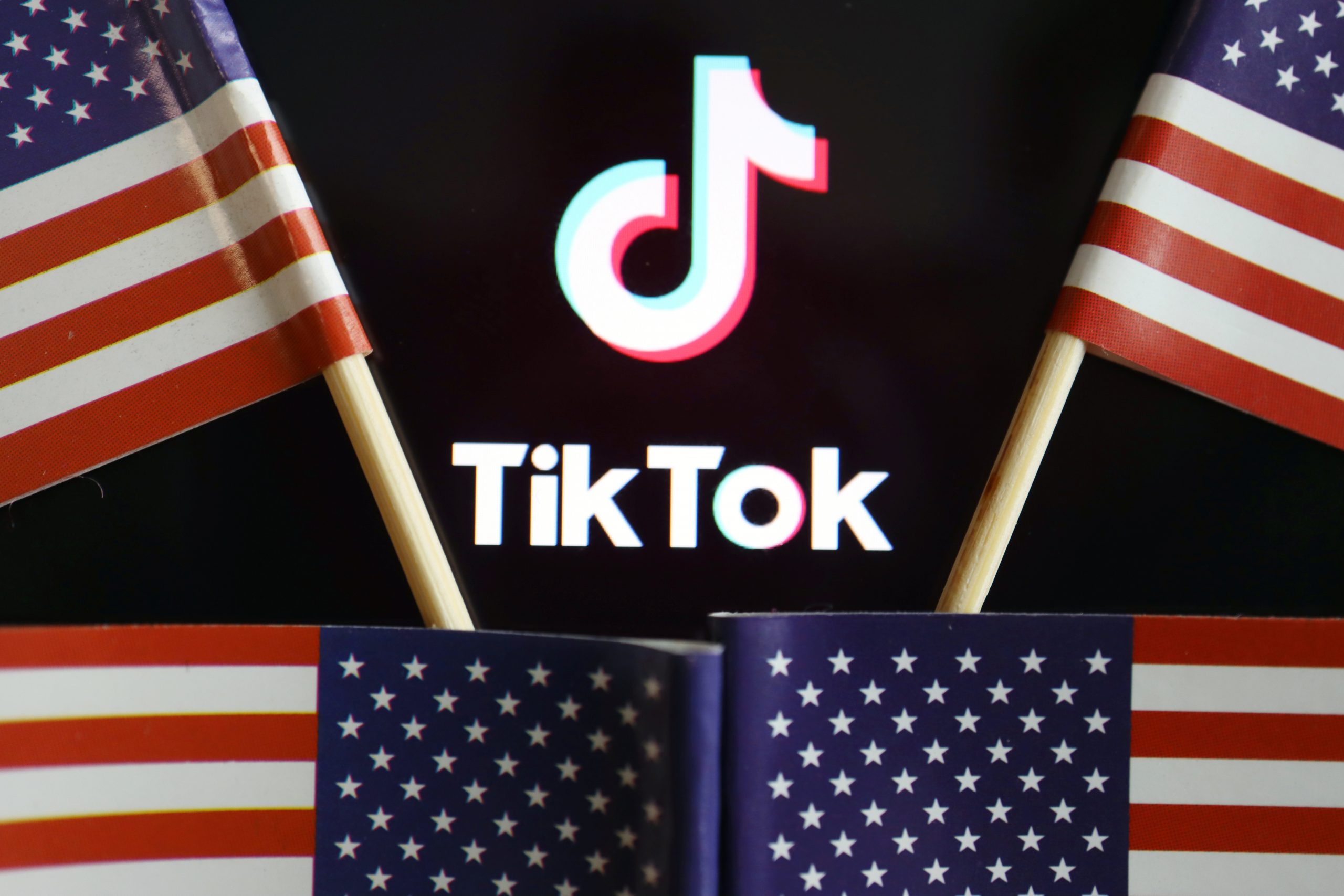A Senate Republican is breaking with a sizable portion of his party in opposing a ban on TikTok.
In an op-ed published by Louisville’s Courier-Journal, Sen. Rand Paul (R-Ky.) wrote, “Congressional Republicans have come up with a national strategy to permanently lose elections for a generation: Ban a social media app called TikTok that 94 million, primarily young Americans, use.”
“Now admittedly, many Democrats have joined Republicans in calling for this ban but like most such issues, the blame will stick to Republicans more,” he continued, adding, “The banning TikTok strategy also comes while the GOP simultaneously complains of liberal U.S. social media companies canceling and censoring conservatives. So, without a hint of irony, many of these same ‘conservatives’ now agitate to ban a platform owned by an international group that includes several American investors.”
He added, “On the one hand, Republicans complain about censorship, while with the other hand, these same Republicans advocate to censor social media apps that they worry are influenced by the Chinese.”
The senator then suggested Republicans should ask if they “really want to emulate China’s speech bans.”
Paul noted advocates for banning the app claim it is “controlled by the Chinese communist government.” However, he pointed out there are videos on the app about Taiwanese independence and others that are “critical of official Chinese positions.”
“Congressional Republicans have come up with a national strategy to permanently lose elections for a generation: Ban a social media app called TikTok”
— Hannah Cox (@HannahDCox) March 29, 2023
When @RandPaul swings, he doesn’t miss.https://t.co/50CVWDsHvG
Taking on the concerns about users’ data privacy, he said, “To those who are worried that the Chinese government might somehow now have access to millions of American teenagers’ information, realize that all social media sucks up personal data that people voluntarily provide.”
Paul went on to note Americans can simply choose not to use TikTok or any social media if they do not like them. He also pointed out TikTok is “cooperating through Committee on Foreign Investment in the US to make sure all data on Americans is protected from any Chinese government snooping.”
“The First Amendment isn’t really necessary to protect speech that everybody accepts. The First Amendment is precisely there to protect speech that might be unpopular or might be controversial. U.S. courts struck down the Trump Administrations ban and, I believe, will strike down any Congressional ban,” Paul added.
Finally, the senator said, “I hope saner minds will reflect on which is more dangerous: videos of teenagers dancing or the precedent of the US government banning speech. For me, it’s an easy answer, I will defend the Bill of Rights against all comers, even, if need be, from members of my own party.”
Despite the national security concerns, the FBI and cyber security experts have failed to provide evidence TikTok has been used as a spying tool. Instead, FBI Director Christopher Wray has raised concerns about what he says it could be used for.
Meanwhile, domestic social media apps have also been accused of harming teens’ mental health or being used to influence the 2016 and 2020 presidential elections. Aside from TikTok having a Chinese-based parent company, it is hard to see what makes it such an existential threat it must be banned, while domestic companies are left alone.
And then there is the RESTRICT Act, which could be a Trojan horse for vastly expanding unelected bureaucrats’ ability to limit free speech. Ostensibly aimed at banning TikTok, it would give the Commerce Department the ability to block technology products from a “foreign adversary” by labeling them a risk to national security.
Vice notes, “The bill’s language includes vague terms such as ‘desktop applications,’ ‘mobile applications,’ ‘gaming applications,’ ‘payment applications,’ and ‘web-based applications.’ It also targets applicable software that has more than 1 million users in the U.S.”
There are some concerns about TikTok’s data privacy practices, for sure, and its algorithm. But is a ban worth the trade-off of potentially handing un-elected officials in the federal government vast new powers that could impact free speech?
























